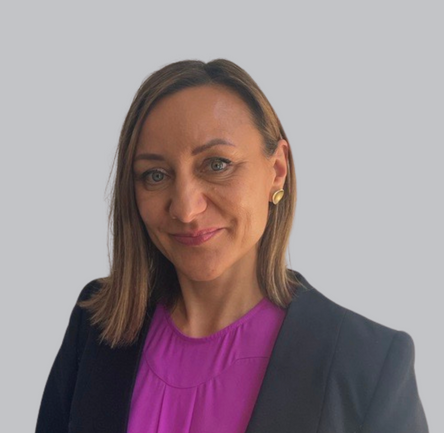What is an Advanced Health Care Directive?
An Advanced Health Care Directive (AHCD) is sometimes known as a living will. It is an important way to let your loved ones know about what health decisions you would like made for you, should something happen to you. It outlines your preferences for your future care (if you become incapacitated and cannot make decisions for yourself) along with your beliefs, values and goals.
Having an Advanced Health Care Directive means you can also formally appoint a substitute decision-maker for when you can no longer decide yourself.
An Advanced Health Care Directive may include one or more of the following health-related decisions:
- Who you would like to make medical decisions for you if you are unable to;
- What’s important to you in terms of any religious values, cultural beliefs, life goals and preferred outcomes;
- If you have any pre-existing or underlying medical conditions/ illnesses that family and medical staff need to be aware of;
- Treatment and care you would like to receive and how important each treatment is to you in terms of your quality of life following the treatment;
- Treatment and care you would like to refuse in case of life-threatening medical conditions – for example, some people might want to put treatment limitation in regards to:
- cardio-pulmonary resuscitation – DNR (Do Not Resuscitate) order;
- mechanical ventilation;
- non-invasive ventilation;
- intensive care admission; or
- renal dialysis.
Advanced Care Directives differ between states and territories, so it’s important to check what forms you need for your relevant state before commencing.
In what circumstances would you need an Advanced Health Care Directive?
Everyone should consider Advanced Care Planning, regardless of your age or how healthy you may be. As the old adage goes: plan for the worst, hope for the best.
It is always good to have a plan in place that expresses your wishes, in the event that something should happen to you, particularly if there are aspects to your health and care that you have very specific opinions on – it’s important to make those known to others.
Advanced Health Care Directives can only be made by adults and when the person has capacity to do so and will be in force when they lose it. Capacity is very important – you cannot make an Advanced Health Care Directive on someone else’s behalf or coerce someone into making one.
Doesn’t a Will cover my healthcare requests?
No, a Will only becomes valid upon your death. An Advanced Health Care Directive is a document that is valid whilst you are alive and comes into effect should you become incapacitated and are unable to make medical decisions for yourself.
What if I want someone to make financial decisions for me?
An Advanced Health Care Directive will only cover health/medical-related decisions. Another important part of estate planning is nominating someone to make financial decisions on your behalf if you are unable to. This is called a Power of Attorney (POA).
A Power of Attorney can either be enduring or general. A General POA is only for a short period of time. For example, if you are buying a home and will be overseas at the time of settlement, you may give someone a General POA to finalise the purchase on your behalf.
An Enduring Power of Attorney will continue even after you have lost capacity and is valid up until death.
When you nominate someone as your enduring POA, you are giving them the authority to manage all your legal and financial affairs, including buying and selling real estate, shares and other assets, operating your bank accounts and spending money on your behalf.
To learn more about POAs, see our article: Choosing a Power of Attorney – everything you need to know.
Can I change or revoke my Advanced Health Care Directive at any time?
Yes, you can change or revoke your Advanced Health Care Directive at any time, so long as you have the capacity to do so.
Completing your Advanced Health Care Directive Online
You can complete your Advanced Health Care Directive, using our online wills and estate planning services. It’s a simple, and convenient process – and can provide peace of mind that your doctors and family are aware of your medical needs and requests, should anything happen to you.
To learn more about this process, check out our Online Estate Planning section for handy tips and tricks, and get started today.
Magdalena is an experienced Wills & Estates Lawyer who assists clients with a range of matters including drafting wills, probate, family provision claims and estate planning.
